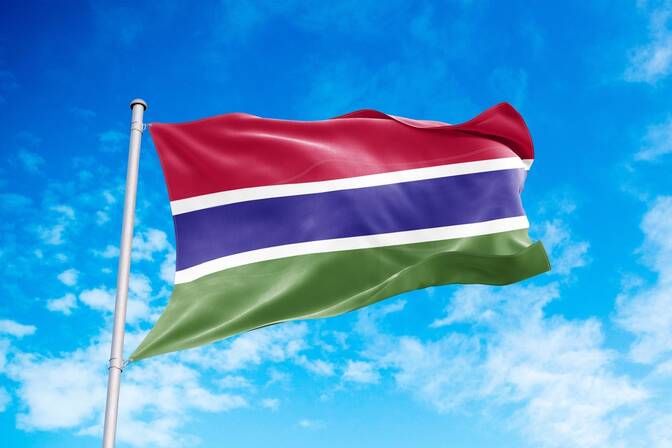Revolution Day
July 22, Tuesday

Historical Background
On July 22, 1994, Yahya Jammeh led a military coup that ended Jawara’s 30-year rule. The coup was largely peaceful and marked a significant turning point in Gambian politics. Jammeh would go on to rule the country for over two decades until he was defeated in the 2016 presidential election by Adama Barrow.
How is Revolution Day Observed?
Revolution Day is marked by various official and public events, including:
- Military parades and displays
- Speeches by government officials
- Cultural performances and traditional music
- Community gatherings and celebrations
Controversy and Changing Perspectives
While Revolution Day was celebrated during Yahya Jammeh’s presidency as a symbol of national renewal and change, its significance has become more controversial since his departure from power. Many Gambians now reflect on the day with mixed feelings, considering the human rights abuses and authoritarian rule that characterized much of Jammeh’s regime.
Current Status
Since the change in leadership in 2017, the observance of Revolution Day has been scaled back, and it is no longer celebrated with the same level of official enthusiasm. However, it remains a public holiday and a date of historical importance in The Gambia.
Revolution Day in The Gambia is a complex and historically significant holiday. It marks a pivotal moment in the country’s political history and continues to evoke a range of emotions and reflections among Gambians.
